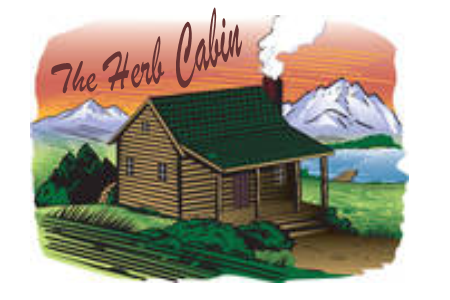Common plantain quickly staunches blood flow and encourages the
repair of damaged tissue. It may be used instead of comfrey in treating
bruises and broken bones.
An ointment or lotion may be used to
treat hemorrhoids, fistulae and ulcers. Taken internally, common
plantain is diuretic, expectorant, and decongestant. It is commonly
prescribed for gastritis, peptic ulcers, diarrhea, dysentery, irritable
bowel syndrome, respiratory congestion, loss of voice and urinary tract
bleeding.
The seeds are closely related to psyllium seeds and can
be used similarly, a tablespoon or two soaked in hot sweetened water or
fruit juice until a mucilage is formed and the whole gruel drunk as a
lubricating laxative. The fresh juice can be made into a douche for
vaginitis by combining two tablespoons and a pint of warm water with a
pinch of table salt. Proteolytic enzymes found in the fresh leaf and the
fresh or dried root make plantain useful as a gentle internal
vasoconstrictor for milk intestinal inflammation.
The fresh juice
or dried leaves in tea can help bladder inflammations. The fresh juice
can be preserved with 25% vodka or 10% grain alcohol. Take one teaspoon
in warm water one hour before every meal for mild stomach ulcers. For
bed-wetting plantain leaf can be given as a beverage-strength tea
throughout the day (but not right before bedtime).
Plantain roots
are an old-time cure for toothaches. Fresh, the roots used to be chewed,
dried and powdered and placed in a hollow tooth as a painkiller.
Properties:
leaves
are relaxing expectorant, tonify mucous membranes, reduce phlegm,
antispasmodie, topically healing, diuretic, alterative, astringent,
refrigerant, vulnerary
Remedies:
for
yeast infections ripe plantain seeds can be gathered from the seed
stalks in late summer, dried and stored in a jar. Soak them in a small
amount of boiled water. The seeds will form a gel which can be gently
placed onto inflamed labia to help reduce itching and swelling and heal
open sores.
JUICE: Press from fresh leaves. Take 10 ml, three
times a day, for inflamed mucous membranes in cystitis, diarrhea and
lung infections
TINCTURE: Make from fresh leaves if possible. Good for heavy mucus, as in allergic rhinitis, or if astringency is needed
POULTICE: apply fresh leaves to bee stings and slow-healing wounds
OINTMENT: apply to wounds, burns and hemorrhoids
WASH: use the juice for inflammations, sores and wounds
GARGLE: Use the diluted juice for sore throats and mouth or gum inflammations
SYRUP: Take a syrup made from the juice for coughs, particularly if the throat is sore of inflamed.
Revitalizing
Green Juice: Cups fresh plantain leaves 1 cup pure liquid honey Crush
the leaves in a food processor, drain and squeeze in cheesecloth.
Combine 1 cup of the green juice with the honey and simmer for 10
minutes at low heat, stirring regularly. Let cool and pour into an
opaque bottle. Take this nectar 1 spoonful at a time like a syrup to
treat a cough, sore throat, fatigue and eczema. 1 Tbsp 3 times daily.
Plantain leaves - damaged tissue, bruises, broken bones, yeast infection
- Product Code:MH041
- Availability:In Stock
-
R65.50
Available Options
Tags: Plantain, damaged tissue, bruises, broken bones, yeast infection

